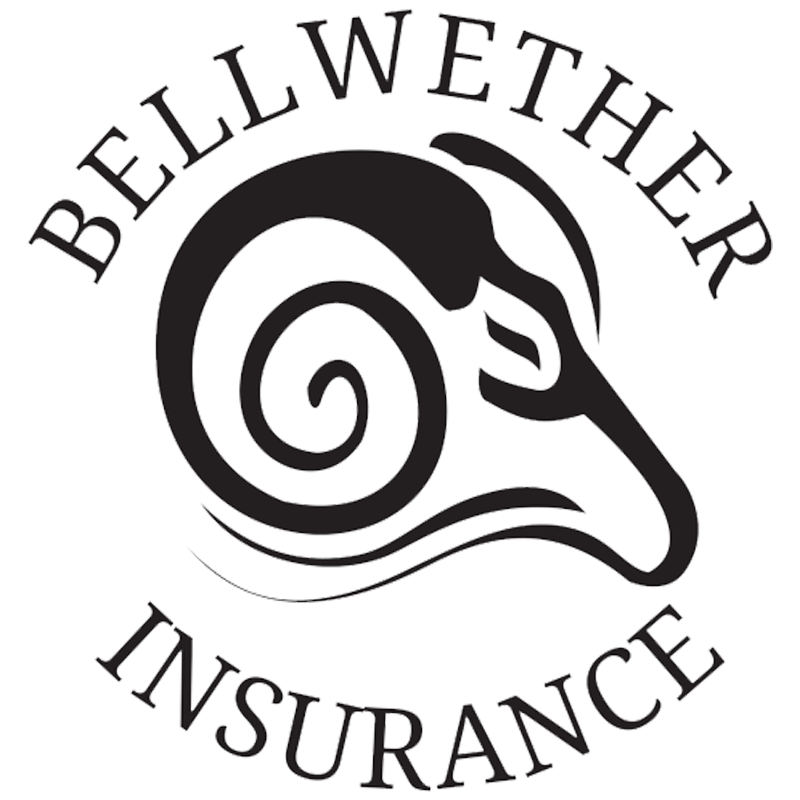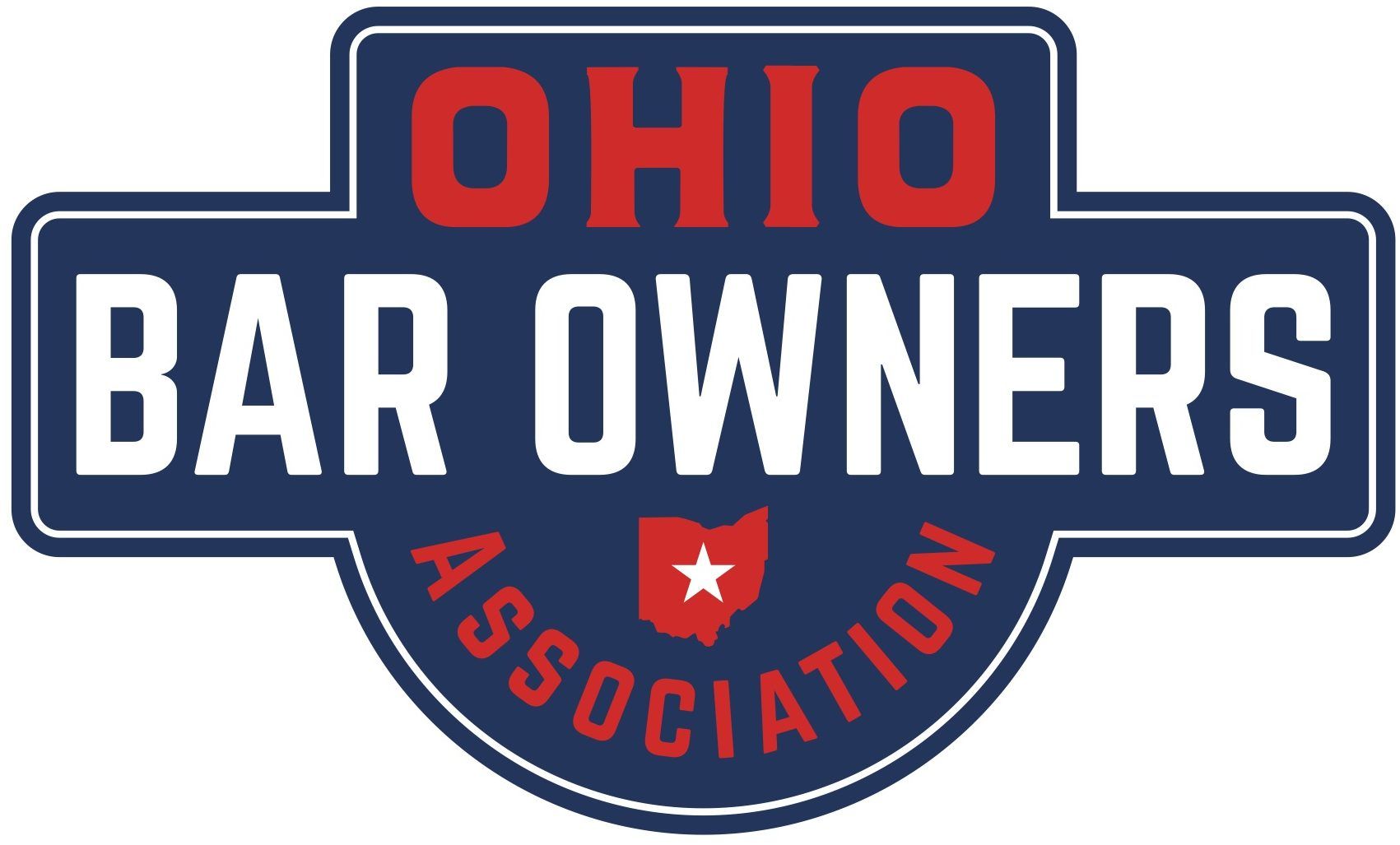Ohio Liquor Liability Insurance

Contact Us
Phone
216-600-2828
Location
100 N. Center Street PO Box 627 LaGrange, OH 44050
Liquor liability insurance is an essential coverage for businesses in Ohio that serve or sell alcohol. Whether you operate a bar, restaurant, nightclub, or even a liquor store, understanding the importance of this type of insurance can protect you from potential financial turmoil in the event of accidents or incidents related to alcohol consumption.
Understanding Liquor Liability Insurance
Before diving into the specifics of Ohio's liquor liability laws and the types of businesses that require this coverage, let's first clarify what liquor liability insurance actually entails.
Liquor liability insurance provides financial protection for businesses in cases where they are held legally responsible for accidents, injuries, or damages caused by intoxicated customers. It covers both bodily injury and property damage that may occur as a result of alcohol-related incidents on or off the insured premises.
But what exactly does this mean for businesses? Let's take a closer look.
Definition and Importance of Liquor Liability Insurance
Liquor liability insurance is a specialized form of coverage that is designed to address the unique risks faced by businesses in the alcohol service industry. It is specifically tailored to protect establishments such as bars, restaurants, nightclubs, and liquor stores from the financial consequences of alcohol-related incidents.
The importance of liquor liability insurance cannot be overstated. Without this coverage, businesses risk shouldering the full cost of legal defense fees, settlements, medical expenses, and property damage, potentially leading to bankruptcy or closure.
Consider this scenario: A customer at a bar becomes heavily intoxicated and causes a serious car accident on their way home. If the bar does not have liquor liability insurance, they could be held legally responsible for the resulting injuries, damages, and even loss of life. The financial burden of such a situation could be devastating, potentially leading to the closure of the business.
By obtaining liquor liability insurance, businesses can protect their financial assets, reputation, and long-term viability. This coverage provides a safety net that allows establishments to continue operating even in the face of unexpected and costly incidents.
The Role of Liquor Liability Insurance in Business
Although liquor liability insurance is not mandatory in Ohio, it is an essential safeguard for anyone involved in the alcohol service industry. The risks associated with serving alcohol are significant, and businesses need to be prepared for the potential consequences.
One of the key roles of liquor liability insurance is to provide businesses with peace of mind. Knowing that they are protected financially in the event of an alcohol-related incident allows business owners and operators to focus on providing excellent service and creating a safe environment for their customers.
In addition to financial protection, liquor liability insurance also plays a crucial role in maintaining a positive reputation. By demonstrating that they have taken steps to mitigate the risks associated with alcohol service, businesses can build trust with their customers and the community at large.
Furthermore, liquor liability insurance can help businesses attract and retain customers. Patrons are more likely to frequent establishments that prioritize their safety and well-being. By advertising that they have liquor liability coverage in place, businesses can differentiate themselves from their competitors and attract a loyal customer base.
In conclusion, liquor liability insurance is a vital component of risk management for businesses in the alcohol service industry. It provides financial protection, peace of mind, and a competitive edge. While not mandatory in Ohio, obtaining this coverage is a smart and responsible decision for any establishment that serves alcohol.
Ohio's Liquor Liability Laws
Now that we understand the significance of liquor liability insurance, let's delve into Ohio's specific laws governing this type of coverage.
Ohio, like many other states, follows the "dram shop" law, which holds alcohol vendors liable for injuries or damages caused by their intoxicated customers. This law serves as a means of protecting individuals who may be harmed by the actions of those who have consumed alcohol irresponsibly.
Under Ohio's dram shop law, businesses that serve, sell, or furnish alcohol can be held legally responsible if they knowingly provide alcohol to someone who is visibly intoxicated or under the legal drinking age, and that individual causes harm to themselves or others. This places a significant burden of responsibility on alcohol vendors to ensure that they are not contributing to the potential harm caused by intoxicated individuals.
Ohio law also allows injured parties to file lawsuits against alcohol vendors for compensation. This compensation can include medical expenses, lost wages, pain and suffering, and more. By allowing individuals to seek legal recourse, Ohio's liquor liability laws aim to provide a means of justice for those who have been negatively impacted by the actions of intoxicated individuals.
How Ohio's Laws Differ from Other States
It is worth noting that liquor liability laws vary from state to state. Each state has its own unique approach to addressing the issue of alcohol-related harm and the responsibilities of alcohol vendors.
When comparing Ohio's laws to those of other states, it becomes evident that Ohio's laws are generally more lenient. Rather than placing excessive burdens on businesses, Ohio's laws focus on the responsibility of the individual consuming alcohol. This approach recognizes that the individual consuming the alcohol ultimately holds the greatest responsibility for their actions while under the influence.
However, it is important to emphasize that even though Ohio's laws may be more lenient in comparison, this does not diminish the importance of obtaining liquor liability insurance to protect your business. Liquor liability insurance provides an additional layer of protection and financial security in the event that a claim is filed against your business.
By obtaining liquor liability insurance, you can ensure that your business is adequately covered in the event of an incident involving an intoxicated customer. This insurance can help cover legal expenses, settlements, and other costs that may arise from a liquor liability claim.
Ultimately, understanding Ohio's liquor liability laws and obtaining the appropriate insurance coverage is crucial for any business that serves or sells alcohol. By doing so, you can protect your business and mitigate the potential risks associated with alcohol service.
Who Needs Liquor Liability Insurance in Ohio?
Now that we have covered Ohio's laws, let's explore which businesses in the state require liquor liability insurance.
Ohio, known for its vibrant nightlife and bustling food scene, is home to a wide range of businesses that sell or serve alcohol. From trendy bars to cozy restaurants, the options are endless. However, with great opportunities come great responsibilities. That's where liquor liability insurance comes into play.
Businesses That Require Liquor Liability Insurance
In Ohio, any business that sells or serves alcohol should strongly consider obtaining liquor liability insurance. This includes bars, restaurants, taverns, hotels, nightclubs, catering services, and even event venues where alcohol is provided.
Imagine a Friday night at a popular bar in downtown Cincinnati. The place is packed with people enjoying their favorite drinks and socializing with friends. Behind the scenes, the bar owner knows that serving alcohol comes with its fair share of risks. That's why having liquor liability insurance is crucial.
Even if your business operates in a venue where alcohol is served by a third-party vendor, it is essential to ensure that they have sufficient liquor liability insurance coverage. Failing to do so can result in significant legal and financial consequences.
Let's say you own a beautiful event venue in Cleveland that hosts weddings, corporate gatherings, and other special occasions. While you may not directly serve alcohol, you allow outside vendors to provide this service. It's important to remember that accidents can happen anywhere, and if a guest were to become intoxicated and cause harm to themselves or others, your venue could still be held liable.
Consequences of Not Having Liquor Liability Insurance
The consequences of not having liquor liability insurance can be devastating for businesses. Without this coverage, legal defense costs, settlements, and potential judgments can quickly pile up, leading to bankruptcy or closure. Additionally, businesses may face irreparable damage to their reputation, making it challenging to regain the trust of customers and the community.
Imagine the financial burden a small family-owned restaurant in Columbus would face if a patron were to consume excessive amounts of alcohol on their premises and later cause a serious car accident. Without liquor liability insurance, the restaurant would be responsible for legal fees, medical expenses, and potential compensation to the injured parties. The financial strain could be overwhelming, potentially forcing the restaurant to shut its doors forever.
Moreover, the negative publicity surrounding such incidents can tarnish a business's reputation. In today's digital age, news spreads quickly, and one unfortunate incident can become the talk of the town. Rebuilding trust and attracting customers back to the establishment can be an uphill battle.
It's important for businesses in Ohio to understand the risks associated with selling or serving alcohol and take proactive measures to protect themselves. Liquor liability insurance provides a safety net, ensuring that businesses can navigate potential legal and financial challenges while maintaining their reputation within the community.
Key Features of Liquor Liability Insurance Policies
Now that we understand the necessity of liquor liability insurance, let's explore the key features offered by these policies.
Coverage and Limitations of Liquor Liability Insurance
Liquor liability insurance typically provides coverage for legal defense costs, settlements, and judgments related to alcohol-related accidents, injuries, or damages. It is crucial to carefully review the policy to understand the extent of coverage, limitations, and any exclusions that may apply.
Keep in mind that most liquor liability policies operate on an occurrence basis. This means that coverage is triggered by an incident occurring during the policy period, regardless of when the claim is filed.
Understanding Premiums and Deductibles
The cost of liquor liability insurance depends on various factors, including the location, size, type of business, alcohol sales volume, and claims history. Premiums can vary significantly, so it is essential to shop around and obtain quotes from different insurance providers.
Additionally, liquor liability policies often come with deductibles, which are the amounts that businesses must pay out of pocket before coverage kicks in. It is crucial to choose a deductible that aligns with your financial capabilities and risk tolerance.
How to Choose the Right Liquor Liability Insurance in Ohio
With numerous insurance providers and policy options available, choosing the right liquor liability insurance can be overwhelming. Consider the following factors to help you make an informed decision.
Factors to Consider When Choosing an Insurance Provider
- Reputation and Experience: Opt for an insurance provider with a strong reputation and extensive experience in the liquor liability insurance market.
- Coverage Options: Look for a policy that offers comprehensive coverage tailored to the specific risks of your business.
- Financial Stability: Assess the financial stability of the insurance company to ensure they can honor their obligations in the event of a claim.
- Claims Handling: Research the insurer's claims handling process and reputation for fairness and efficiency.
Tips for Comparing Liquor Liability Insurance Policies
- Obtain Multiple Quotes: Request quotes from different insurance providers to compare coverage options and premiums.
- Read the Fine Print: Carefully review policy details, including coverage, limits, exclusions, and any additional endorsements that may be necessary.
- Seek Professional Advice: Consider consulting with an experienced insurance broker or lawyer who specializes in liquor liability insurance to ensure you make the right choice for your business.
By carefully considering these factors and conducting thorough research, you can select the right liquor liability insurance policy that meets your business's unique needs and provides peace of mind.
In conclusion, liquor liability insurance is a crucial component of risk management for businesses operating in the alcohol service industry in Ohio. Understanding Ohio's liquor liability laws, recognizing the businesses that require this coverage, and knowing the key features of liquor liability insurance policies are all critical for protecting your business from potential legal and financial liabilities. Take the necessary steps to choose the right insurance provider and policy to safeguard your business's future prosperity.



